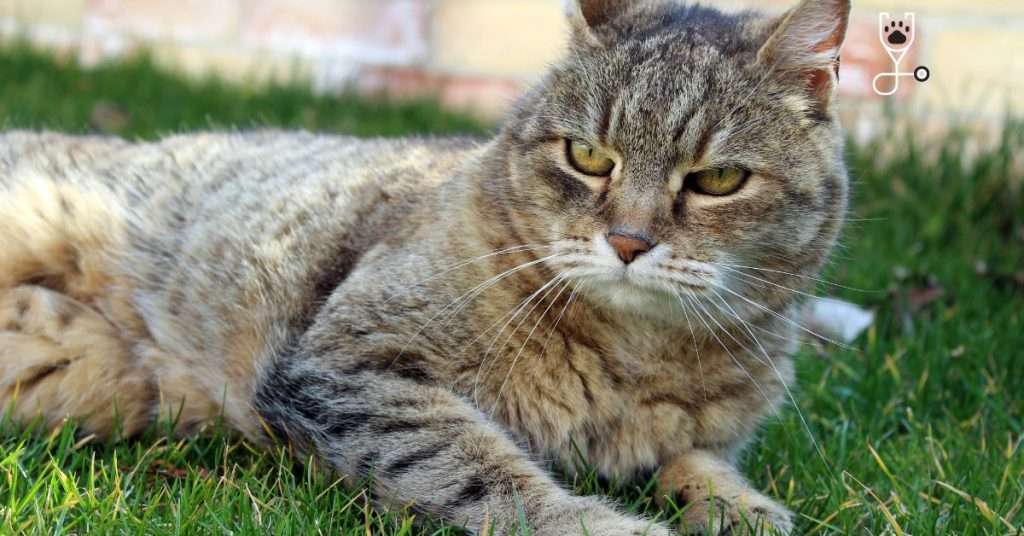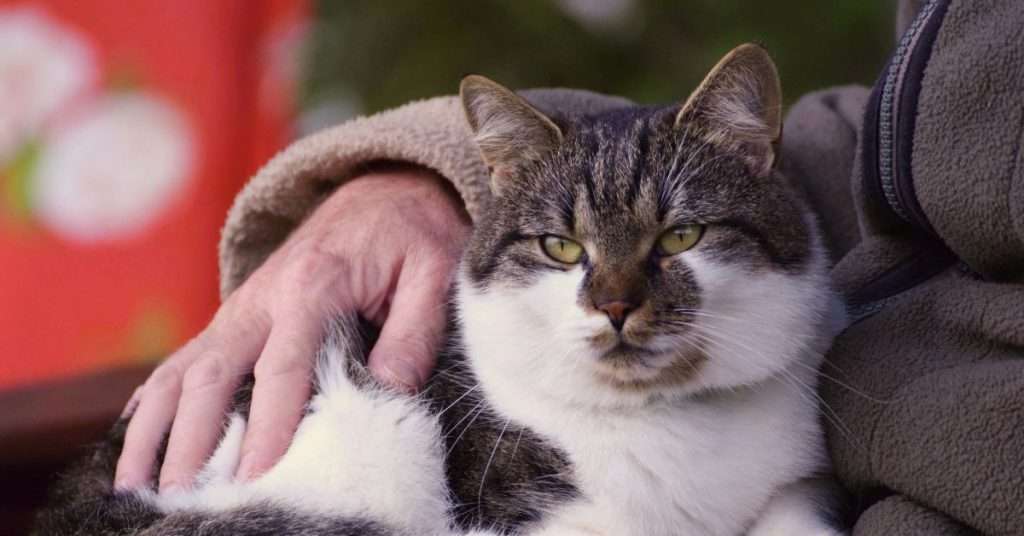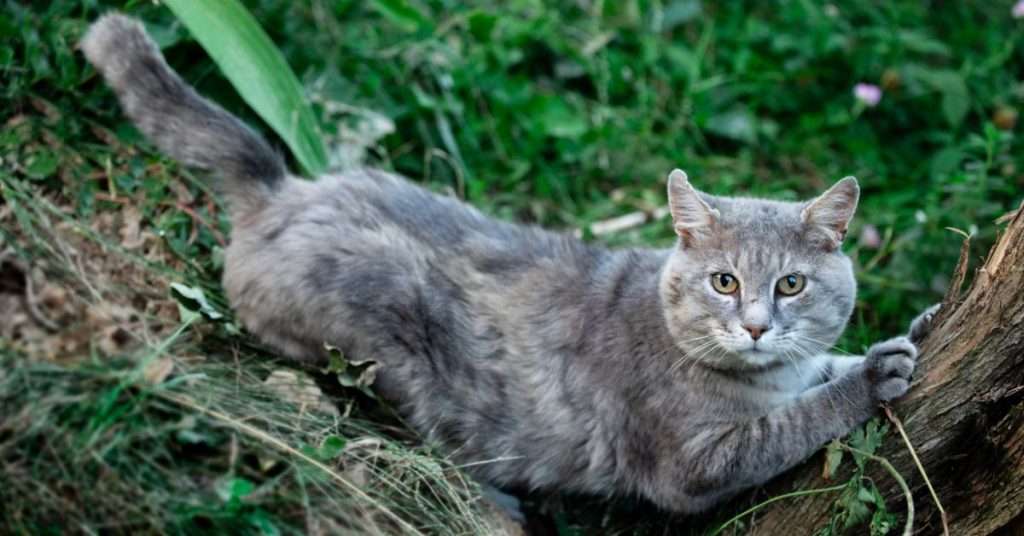Cats age differently than humans, and as they get older their needs change. Just like people, cats can suffer from arthritis, joint pain, dementia, and other age-related conditions. If your senior cat is having trouble getting around or isn’t acting like themselves, there are ways to improve their quality of life. This post will discuss some tips for making life easier for your elderly cat.

How to Care for Your Senior Cat
As your cat begins to age, you may notice several physical and behavioral changes. For example, your cat may become less active and lose muscle mass.
Its fur may become thinner, and its coat may lose its luster. You may also notice changes in your cat’s behavior, such as increased sleeping or excessive grooming.
While these changes are a normal part of aging, they can also be signs of illness.
If you notice any of these changes in your cat, it is important to make an appointment with your veterinarian for a check-up. By Bycatch early signs of illness, you can ensure your cat remains healthy and happy into its golden years.
Read More: How to Understand your cat’s bad behavior: “Tips on how to stop them”
Physical and Behavioral Changes in Your Aging Cat
There are a number of physical and behavioral changes that you may notice in your senior cat. These changes are a normal part of aging, but they can also be signs of illness. If you notice any of these changes in your cat, it is important to make an appointment with your veterinarian for a check-up:
1). Your cat becomes less active and loses muscle mass.
2). Its fur becomes thinner, and its coat loses its luster.
3). You notice changes in your cat’s behavior, such as increased sleeping or excessive grooming.
4). Your cat begins to urinate or defecate outside the litter box.
5). Your cat has difficulty jumping or climbing stairs.
6). Your cat starts to lose weight, even though its appetite is the same.

Learn More: What Do You Feed a Stray Cat?
Making Your Home Senior-Cat Friendly
There are a number of steps you can take to make your home more senior-cat friendly. These include:
Creating a safe environment: Remove any potential hazards from your homes, such as loose rugs or small objects that could be swallowed.
Make sure your cat has easy access to food and water: Place food and water bowls in locations that are easily accessible to your cat. You may also want to consider investing in an automatic feeder and water dispenser.
Proper Nutrition for Your Older Cat: As your cat ages, its nutritional needs will change. Your veterinarian can recommend a diet that is specifically tailored for your senior cat’s needs.
Exercise: Encourage your cat to stay active by providing toys and scratching posts. You may also want to consider taking your cat on short walks with a harness and leash.
Regular veterinary check-ups: Be sure to take your cat to the vet for regular check-ups and vaccinations. This is especially important as your cat gets older, as early detection of health problems is crucial in senior cats.
Read More: How do you know your Cat needs help?

Providing plenty of litter boxes: It is important to have one litter box for every cat in your household, plus an extra box. Locate the litter boxes in quiet, easily accessible areas.
Creating a comfortable environment: Provide your cat with plenty of soft bedding, such as blankets and pillows. You may also want to consider investing in a heated pet bed.
Keeping your cat active: Encourage your cat to stay active by providing toys and scratching posts. Regular play sessions will help keep your cat’s muscles strong.
Providing mental stimulation: As your cat gets older, it may become bored easily. To keep your cat’s mind sharp, provide toys that encourage problem-solving, such as puzzle feeders.
Cats are living longer than ever before, thanks to advances in veterinary care and nutrition. By understanding the changes that occur during aging, you can make sure your senior cat remains happy and healthy into its golden years.
Read More: Keep Your Cat Indoors to Protect the Environment
FAQs Regarding Senior Cats
How often should I take my senior cat to the vet?
It is recommended that senior cats visit the vet at least twice a year. However, if you notice any changes in your cat’s health or behavior, it is important to make an appointment with your veterinarian as soon as possible.
What are some common health problems in senior cats?
Some common health problems in senior cats include arthritis, diabetes, kidney disease, and cancer. Regular check-ups and early detection are crucial in managing these conditions.
What can I do to make my home more senior-cat friendly?
There are a number of steps you can take to make your home more senior-cat friendly, such as creating a safe environment, providing easy access to food and water, and investing in comfortable bedding.
Read Ultimate Cats Guide Here: The Ultimate Guide To Pet Care
How can I keep my senior cat active and mentally stimulated?
You can encourage your senior cat to stay active by providing toys and scratching posts. To keep your cat’s mind sharp, provide toys that encourage problem-solving, such as puzzle feeders.
As your cat enters its golden years, it is important to make sure it remains happy and healthy. With proper care and nutrition, your senior cat can enjoy a long and fulfilling life.